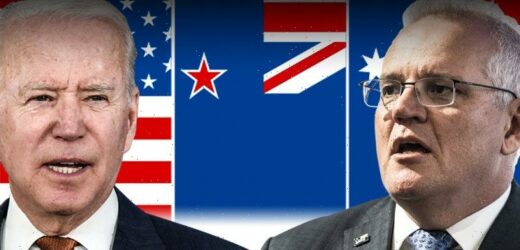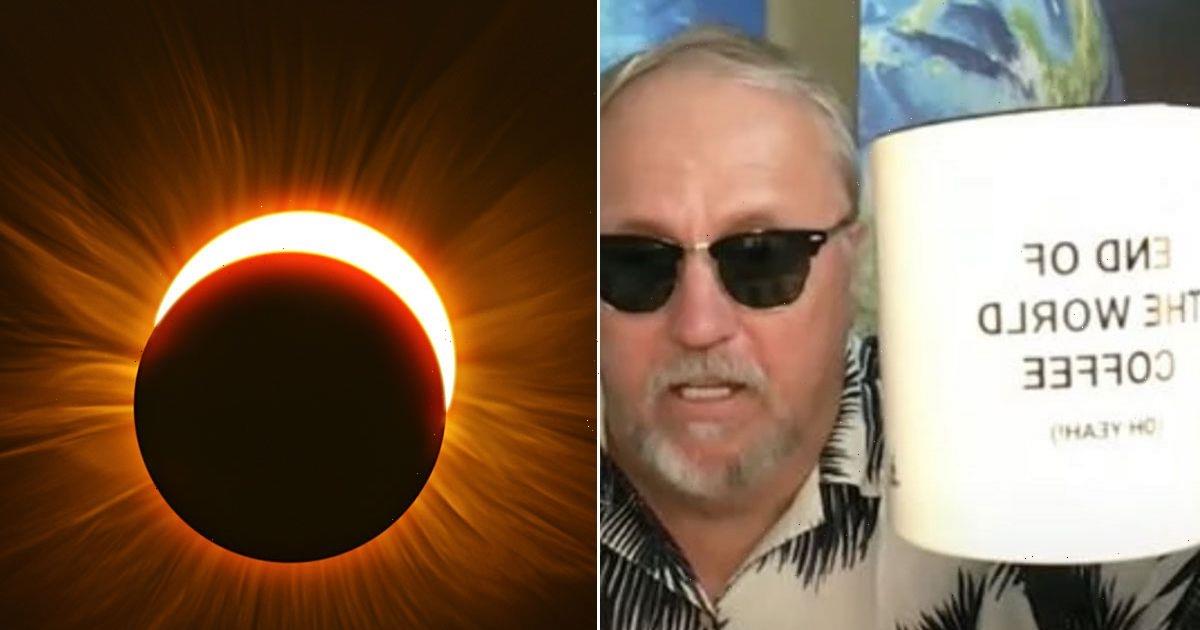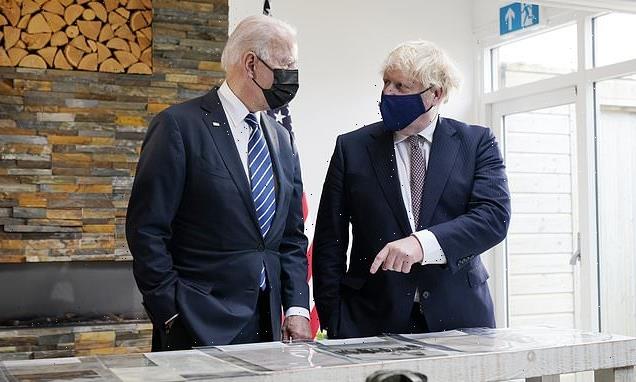Washington: Planning is under way for Prime Minister Scott Morrison to travel to the United States in September to join US President Joe Biden at major commemorations marking the 70th anniversary of the signing of the ANZUS treaty.
Australian and US officials are hoping to co-ordinate the ANZUS events with a high-powered joint summit with the Japanese and Indian prime ministers in Washington as well as the United Nations general assembly in New York.
Plans are under way for Scott Morrison to go to the US to meet Joe Biden and commemorate the 70th anniversary of the signing of the ANZUS treaty.
Lavish ceremonies marking the anniversary are being planned in New York and Washington for mid-to-late September, with organisers who are not yet cleared to speak on the record hopeful both Biden and Morrison will be in attendance.
The two leaders will meet at the G7 summit in the United Kingdom this weekend for their first face-to-face meeting since Biden’s inauguration in January.
The summit comes as a new survey by one of America’s most respected polling firms shows Australians are vastly more confident Biden will do the right thing for the world than his predecessor Donald Trump.
But Australians feel significantly less positive about America and the state of its democracy than citizens in other advanced economies.
The Australia, New Zealand, United States Security Treaty, known as ANZUS, was signed in San Francisco in September 1951 and is regarded as the bedrock of the US-Australia alliance.
Under the agreement, the allies recognise that an armed attack in the Pacific on any of the three countries would represent a threat to their own peace and safety and vow to “act to meet the common danger”.
When Biden was declared the winner of last year’s election, Morrison publicly invited him to travel to Australia to mark the treaty’s 70th anniversary.
Sources said the government has not ruled out the possibility that Biden could travel to Australia at the beginning of September for local commemorations if his schedule allowed.
Discussions are also under way for Morrison and Biden to hold a face-to-face meeting in Washington with Japanese Prime Minister Yoshihide Suga and Indian Prime Minister Narendra Modi during the September visit.
All the events are still in the planning stages and could be affected by any worsening of the coronavirus pandemic.
Morrison last visited the US in September 2019, when Trump hosted a rare state dinner in his honour at the White House.
The leaders of the so-called “Quad” nations held their first ever joint meeting earlier this year via teleconference and announced a plan to distribute 1 billion COVID-19 vaccines to developing nations in the Asia-Pacific.
The Biden administration sees the Quad – officially known as the Quadrilateral Security Dialogue – as a crucial component in its bid to counter China’s growing dominance in Asia.
The leaders of the Quad – Australia, the US, India and Japan – Scott Morrison, Joe Biden, Narendra Modi and Yoshihide Suga.Credit:AP
Kurt Campbell, Biden’s top Asia official, said during a think tank event on Wednesday that the administration was planning a “very ambitious” in-person meeting between the four leaders in Washington in the northern autumn (which begins in September).
Biden’s bid to repair America’s global standing is already paying dividends, according to the study released late Thursday (AEST) by the Pew Research Centre, based on surveys in 16 advanced economies across Europe, North America and the Asia-Pacific.
Seventy-five per cent of respondents in the surveyed countries said they had confidence that Biden would do the right thing for world affairs, up from just 17 per cent who said the same for Trump during the final year of his presidency.
The study found 62 per cent of respondents now have a favourable image of the US, up from 36 per cent at the end of Trump’s term.
Seventy-five per cent of Australians said they had faith that Biden would do the right thing for the world, up from just 23 per cent who said the same of Trump.
But in Australia, Biden’s election victory has not translated into the massive outpouring of goodwill towards the US that has been evident in other countries.
Australians and New Zealanders had the least positive perceptions of the US among the 16 countries surveyed.
Forty-eight per cent of Australian respondents said they had a favourable view of the US, while 49 per cent said they had an unfavourable view.
Citizens in Japan, Canada, the United Kingdom and South Korea had a significantly more positive view of the US.
Unlike the French and Germans, Australians still felt significantly less positive about the US than they did in 2016, Barack Obama’s final year as president.
Australians’ reservations may be linked to concerns about the health of the American democracy following the storming of the Capitol on January 6 and Trump’s false claims of widespread election fraud.
Just 34 per cent of Australians and 30 per cent of New Zealanders said they believed America’s political system worked very or somewhat well, significantly below that in other countries.
Just one in 10 Australians believe America’s model of democracy is one other countries should follow.
The Morning Edition newsletter is our guide to the day’s most important and interesting stories, analysis and insights. Sign up here.
Most Viewed in World
From our partners
Source: Read Full Article




